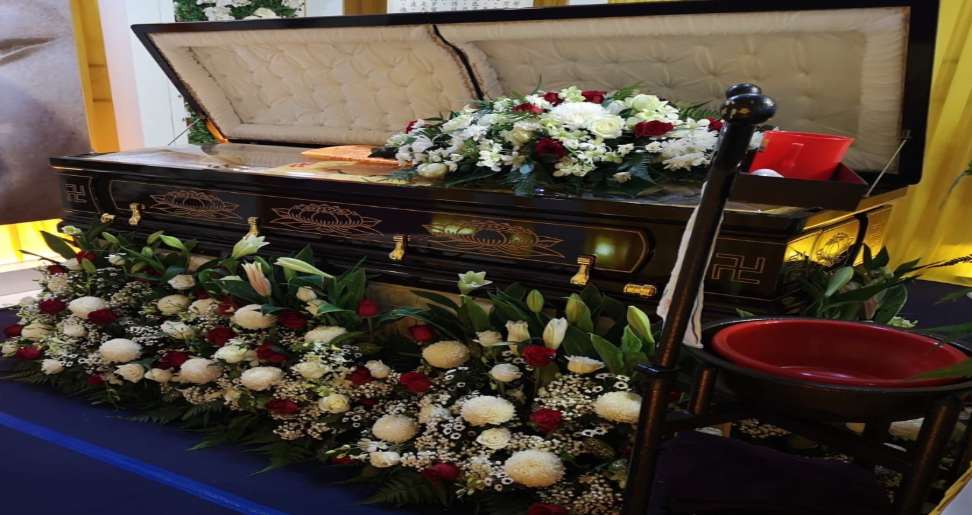Funeral services are a crucial aspect of honoring and remembering a loved one who has passed away. These ceremonies provide an opportunity for family and friends to gather, reflect, and celebrate the life of the deceased. In this article, we will explore the different types of services for the funeral, their significance, and the steps involved in planning one. By understanding the various elements of a funeral service, you can make informed decisions that best suit your family’s needs and wishes.
The Importance of Funeral Services
services for funeral serve multiple purposes. They offer a chance for the grieving to come together, share memories, and find solace in one another’s company. These ceremonies also provide a structured way to say goodbye, helping individuals begin the process of healing and acceptance. Additionally, funeral services can be tailored to reflect the personal beliefs, values, and traditions of the deceased and their family.
Types of services for funeral
Traditional Funeral Service
A traditional funeral service typically include for view or visitation, any single formal ceremony, and a graveside service. The viewing allows loved ones to say their final goodbyes and often takes place the day before the funeral. The formal ceremony, which can be held in a church, funeral home, or other chosen venue, usually features eulogies, prayers, and music. The graveside service is the final part, where the body is interred in a cemetery.
Memorial Service
A memorial service is similar to a traditional funeral but does not include the presence of the body. This type of service can be held at any time after the death and is often chosen if the body has been cremated or if family members need more time to gather. Memorial services can be more flexible in terms of location and format, allowing for a personalized and meaningful tribute.
Graveside Service
A graveside service is a brief ceremony held at the burial site. It can be a standalone service or follow a traditional or memorial service. This type of service is typically more intimate and allows for a direct connection to the final resting place of the deceased.
Cremation Service
Cremation services can take many forms, from a simple direct cremation with no ceremony to a full-service funeral followed by cremation. Families may choose to hold a traditional funeral service before the cremation or a memorial service afterward. The ashes can then be kept in an urn, scattered in a meaningful location, or interred in a columbarium.
Planning a Funeral Service
Deciding on the Type of Service
The first step in planning a funeral service is deciding on the type of ceremony that best suits your family’s needs and the wishes of the deceased. Consider factors such as religious beliefs, cultural traditions, and personal preferences. Consulting with family members and a funeral director can help clarify these decisions.
Choosing a Venue
The venue for the funeral service should reflect the personality and preferences of the deceased. Common options include churches, funeral homes, community centers, and outdoor locations. The venue should be able to accommodate the expected number of attendees and provide the necessary facilities for the ceremony.
Selecting the Officiant
The officiant is the person who leads the funeral service. This could be a religious leader, a celebrant, or a family member or friend. The officiant should be someone who can provide comfort, guidance, and support to the grieving family while honoring the life of the deceased.
Personalizing the Service
Personalizing the funeral service can make it more meaningful and memorable. Consider incorporating elements such as favorite music, readings, and eulogies. Displaying photos, videos, and personal mementos can also help celebrate the life of the deceased. Encourage family members and friends to share their memories and stories.
The Role of a Funeral Director
A funeral director plays a vital role in planning and coordinating services for the funeral. They offer expertise and support, helping families navigate the many decisions and arrangements that need to be made. Funeral directors handle logistics such as transportation of the body, obtaining necessary permits, and coordinating with venues and officiants. They also provide emotional support and guidance, ensuring that the funeral service is a fitting tribute to the deceased.
Conclusion
Funeral services are an essential part of the grieving process, offering a structured way to honor and remember a loved one. Whether you choose a traditional funeral, a memorial service, or another type of ceremony, the key is to create a meaningful and personalized tribute. By understanding the various options and steps involved, you can plan a funeral service that provides comfort, closure, and a sense of peace to all who attend.
Funeral services not only celebrate the life of the deceased but also support the emotional well-being of those left behind. Through these ceremonies, families and friends can come together to share their grief, find strength in their shared memories, and begin the journey toward healing and acceptance.
Must Read :
- Things To Do In Bukovel, Ukraine
- Things To Do In Innsbruck, Austria
- Things To Do In Umpqua National Forest


